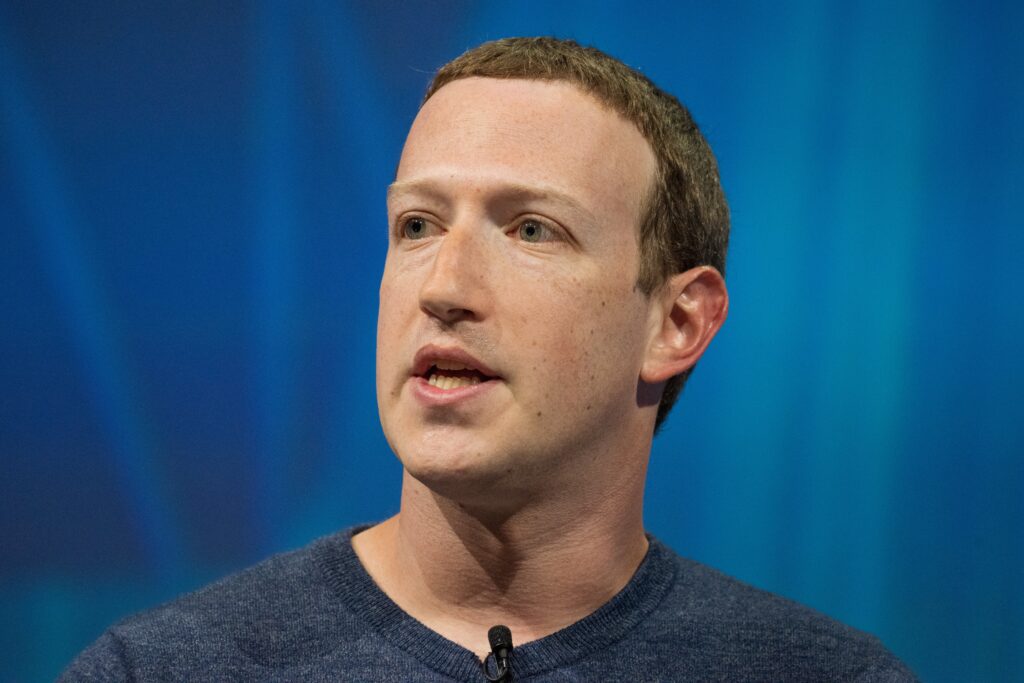Meta has presented new smart glasses powered by artificial intelligence. The company wants to make them essential accessories worldwide.
Launch at Meta Connect
At the Meta Connect developer conference, CEO Mark Zuckerberg announced several devices in partnership with Ray-Ban and Oakley. Meta also introduced a so-called neural wristband. It connects to the Meta Ray-Ban Display glasses and allows users to send messages with small hand gestures.
The launch took place while Meta continues to face scrutiny over the impact of its products. Critics point especially to risks for children. Zuckerberg called the technology a “major scientific breakthrough.” He spoke before hundreds of guests on the company’s Silicon Valley campus.
Features of the new glasses
The Meta Ray-Ban Display includes a high-resolution full-color screen in one lens. Users can make video calls and view messages. The model also features a 12-megapixel camera.
Zuckerberg hopes the smart glasses will become a key way to bring Meta AI into daily life. Analysts see stronger chances for the glasses than for the multibillion-dollar Metaverse project. Virtual worlds have so far failed to attract mass audiences.
“Unlike VR headsets, glasses are everyday, lightweight devices,” said Mike Proulx, Research Director at Forrester. He added: “Meta still needs to convince the majority that the benefits outweigh the cost.”
Sales and prices
Meta does not release sales figures. However, industry sources estimate around two million smart glasses sold since 2023. The new Display glasses will launch this month for $799, about £586. They cost far more than Meta’s current models.
Leo Gebbie of CCS Insight remains skeptical. He doubts the Display version will match the success of earlier models. “The Ray-Bans did well because they’re discreet, easy to use, and relatively affordable,” he explained.
Zuckerberg also introduced Oakley Meta Vanguard glasses aimed at sports fans, priced at $499. In addition, Meta released the second generation of Ray-Ban Meta glasses, priced at $379.
Billions invested in artificial intelligence
Meta is spending massive sums to expand its AI operations. In July, Zuckerberg announced hundreds of billions of dollars for new data centers in the US. One of the sites is expected to cover nearly the size of Manhattan.
At the same time, Meta is poaching top talent from rival companies. The firm plans to develop what it calls “superintelligence,” AI that surpasses human abilities.
Protests from parents and activists
On Wednesday, parents and activists protested outside Meta’s New York headquarters. They demanded stronger safeguards for children on the company’s platforms.
A week earlier, two former safety researchers testified before the US Senate. They said Meta concealed potential risks for children in virtual environments. Jason Sattizahn and Cayce Savage reported that the company blocked internal research into possible harms.
Meta rejected the allegations and called them “nonsense.”


